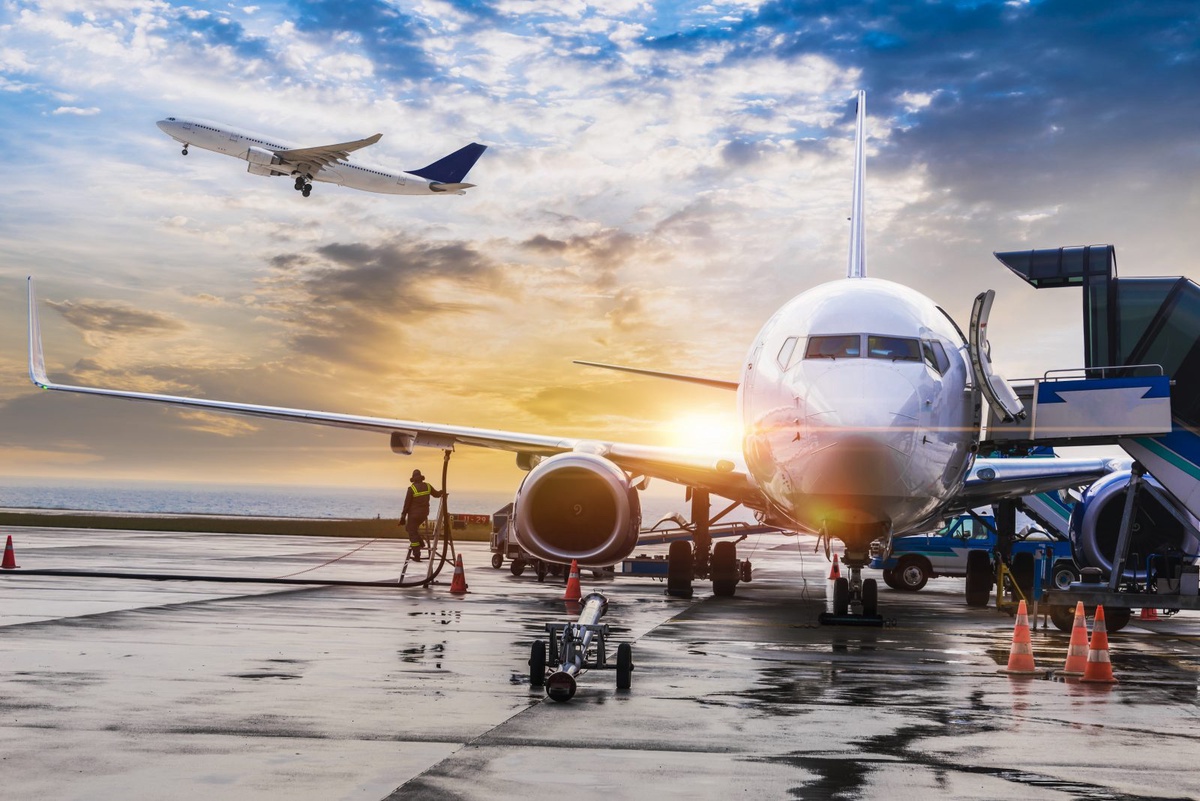Introduction
In today's fast-paced world of travel, flight delays and changes are common occurrences that can disrupt even the most well-planned trips. Being able to track these updates effectively is crucial for travelers to minimize inconvenience and adjust their schedules accordingly. This comprehensive guide will explore various methods, tools, and strategies to help you stay informed about flight delays and changes, ensuring you can navigate these situations with ease.
1. Understanding Flight Delays and Changes
Flight delays and changes can happen due to various reasons such as weather conditions, technical issues, or air traffic congestion. Understanding the different types of delays and changes will better equip you to manage unexpected situations.
Flight Delay Types:
- Weather-related delays
- Aircraft maintenance delays
- Airline-specific delays
Flight Change Types:
- Schedule changes
- Aircraft changes
- Gate changes
2. Importance of Tracking Flight Status
Why flight status tracker is important? Knowing the status of your flight allows you to:
- Plan your journey to the airport more efficiently
- Make alternative arrangements if needed
- Stay updated on potential compensation eligibility
3. Using Flight Tracking Apps and Websites
Flight tracking apps and websites are invaluable tools for travelers. They provide real-time updates on flight statuses, including delays and changes. Popular apps like FlightAware, FlightRadar24, and airline-specific apps offer user-friendly interfaces and notifications.
4. Setting Up Flight Alerts
Most flight tracking platforms allow users to set up personalized flight alerts. These alerts notify you of any changes to your flight status, ensuring you stay informed without constantly checking.
5. Checking Airline Websites and Social Media
Directly monitoring airline websites and social media channels can provide up-to-date information on flight delays and changes. Airlines often post announcements and updates regarding their flights, which can be crucial during disruptions.
6. Subscribing to SMS or Email Notifications
Many airlines offer SMS or email notifications for flight updates. By subscribing to these services, you receive instant alerts about any changes to your flight itinerary.
7. Contacting Airline Customer Service
In case of significant delays or changes, contacting airline customer service directly can provide personalized assistance and options for rebooking or compensation.
8. Preparing for Contingencies
Always have a contingency plan when traveling, especially during peak seasons or adverse weather conditions. This includes:
- Allowing extra time between connecting flights
- Packing essential items in carry-on luggage
- Familiarizing yourself with airline policies on compensation and rebooking
9. Using Alternative Transportation Options
In the event of extended flight delays or cancellations, exploring alternative transportation options such as trains or rental cars may be necessary. Being proactive and flexible can help mitigate travel disruptions.
10. Monitoring Weather Conditions
Stay informed about weather conditions at your departure and arrival destinations. Adverse weather can lead to flight delays or cancellations, so being aware of forecasts can help you prepare.
11. Keeping Travel Insurance Handy
Having comprehensive travel insurance can offer financial protection in case of unexpected flight changes or cancellations. Review your policy to understand coverage for flight-related issues.
12. Remaining Calm and Patient
Dealing with flight delays and changes can be stressful, but maintaining a calm demeanor and being patient can make the experience more manageable. Remember that airline staff are there to assist you.
13. Handling Unexpected Situations
In rare cases of major flight disruptions (e.g., flight diversions), follow airline instructions and stay informed. Stay in touch with loved ones to update them on your status and location.
FAQs (Frequently Asked Questions)
-
How common are flight delays? Flight delays are relatively common due to various factors like weather, air traffic, or technical issues.
-
Can I get compensation for a delayed flight? Compensation eligibility depends on airline policies and local regulations. Some delays may qualify for compensation under certain circumstances.
-
Is it possible to track a flight in real-time? Yes, flight tracking apps and websites provide real-time updates on flight statuses.
-
What should I do if my flight is canceled? Contact the airline immediately for rebooking options or compensation details.
-
Are flight tracking apps accurate? Flight tracking apps use reliable data sources and are generally accurate, though occasional discrepancies may occur.
-
How early should I arrive at the airport to account for potential delays? It's recommended to arrive at least 2-3 hours before your scheduled departure time, especially during peak travel periods or international flights.


No comments yet